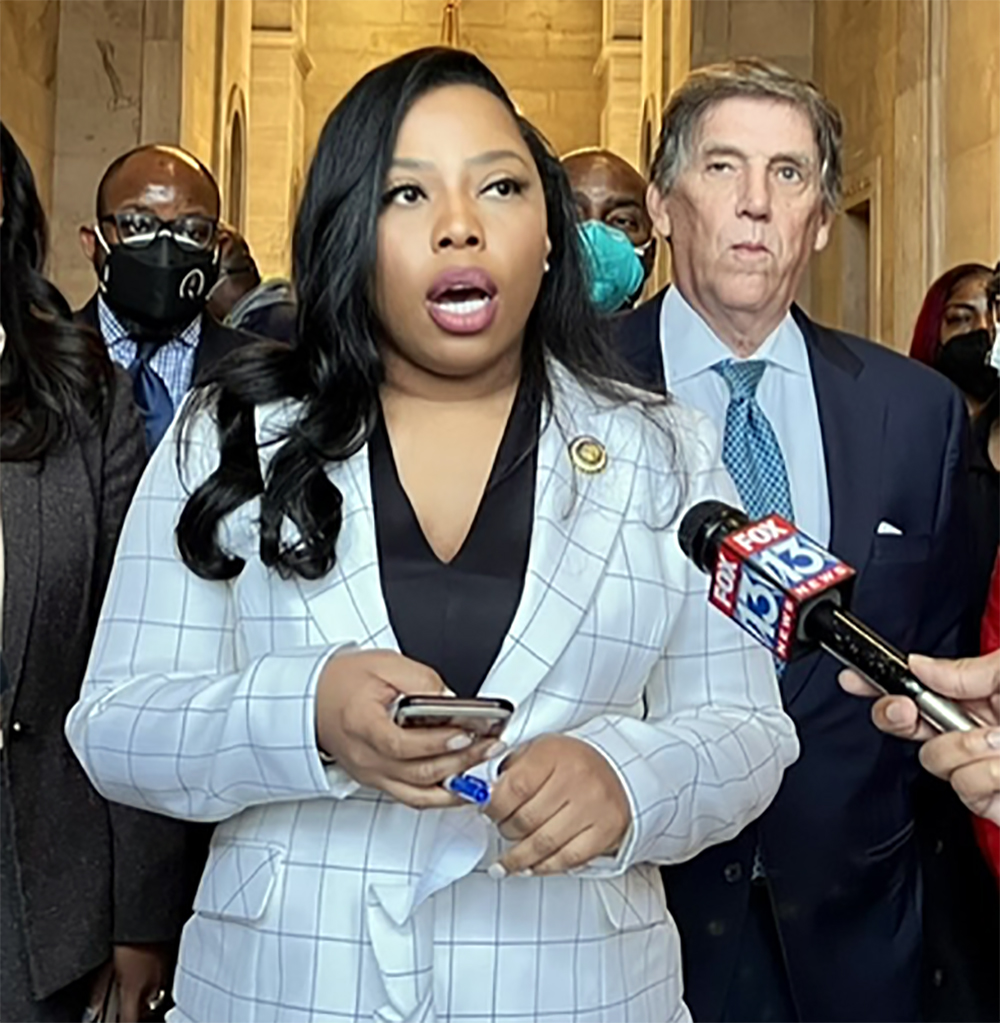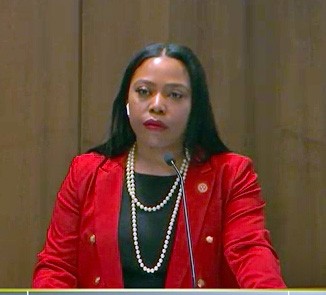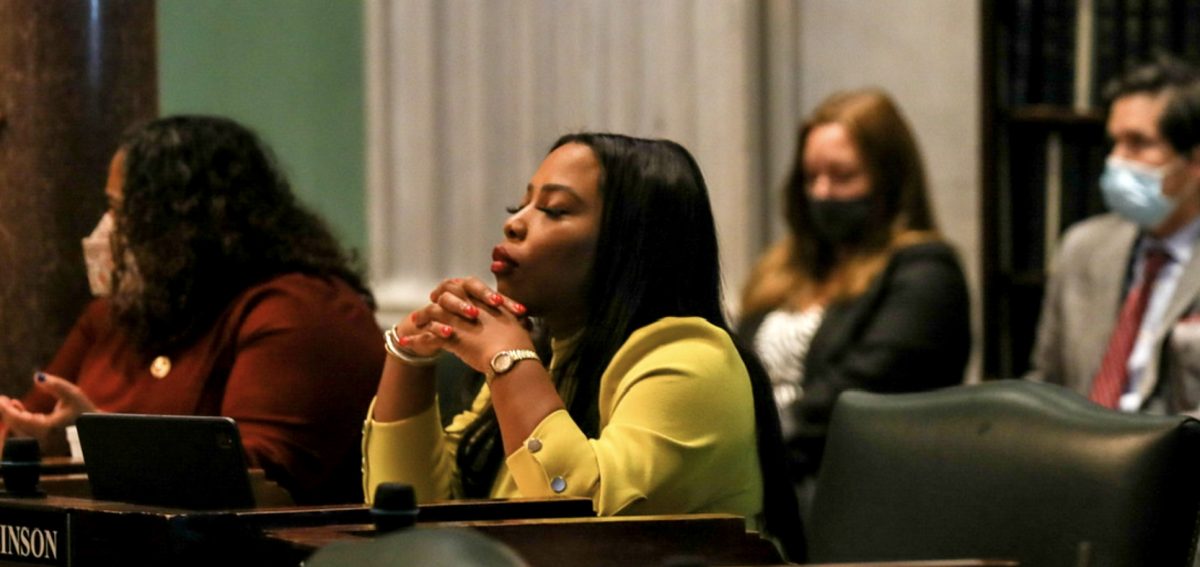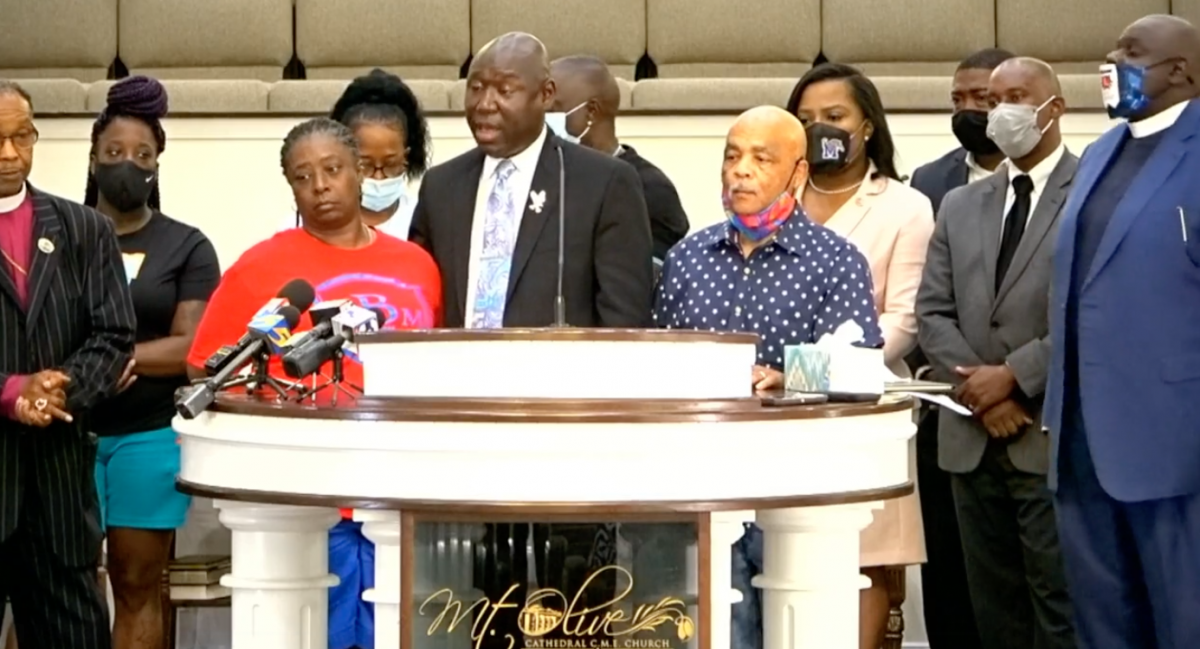It may be only a semantic issue, but, then again, there could be legal ramifications from the matter of what title interim Memphis Police Chief C.J. Davis goes by, should she be approved by the city council in its pending retry of her reappointment.
In January, Davis, originally an appointee of former Mayor Jim Strickland, was rejected by the council when then newly inaugurated Mayor Paul Young submitted her name for reappointment.
Young subsequently designated Davis as interim MPD head and indicated he would ask the council to reconsider. Reportedly he will resubmit her name when the city’s ongoing budget deliberations are concluded.
Meanwhile, Young has also announced that he intends to name a public safety director (or public safety advisor). The job’s exact nomenclature, like the timeline for that appointment and the outlines of the public safety official’s intended relationship to the MPD chief, remains somewhat uncertain.
The city charter mandates that the head of police services be referred to by the title “director,” and every supervisor of MPD operations — uniformed or otherwise — since E. Winslow “Buddy” Chapman during the mayoralty of Wyeth Chandler (1972-1982) has borne that title. Except for C.J. Davis, who allegedly indicated a preference for the title “chief’ when she was hired.
No one seems to remember what title was used in the Strickland-era council’s deliberations — nor, for that matter, in the deliberations of the current council earlier this year. But questions arise:
If and when Mayor Young’s appointment of the putative new public safety official comes to pass, will there be a power struggle with the police chief, as there was between Director Chapman and then-Chief Bill Crumby Jr. before Chapman won out?
Unless Davis is resubmitted as police director, does she even need to be approved by the council to continue serving as chief?
Legal briefs
• The ouster trial of Shelby County Clerk Wanda Halbert has been scheduled to begin on August 26th in the court of Circuit Court Judge Felicia Corbin-Johnson, who rejected a motion to dismiss the petition filed by special prosecutor Coty Wamp of Hamilton County. Meanwhile, a motion to suspend Halbert while the case is ongoing was set for June 25th.
• A resentencing hearing for former state Senator Katrina Robinson has been scheduled by Chief U.S. District Judge Sheryl Lipman for September 20th. Robinson had previously been convicted on two wire-fraud charges in connection with her nursing-school operation and sentenced to time served and a year’s probation.
The 6th Circuit Court of Appeals later restored an additional count she had been convicted of before it was thrown out. Robinson, a Democrat, was expelled from the Republican-dominated Senate after her original conviction on the wire-fraud charges. She is seeking a new trial on one remaining count.







 Katrina Robinson/Twitter
Katrina Robinson/Twitter